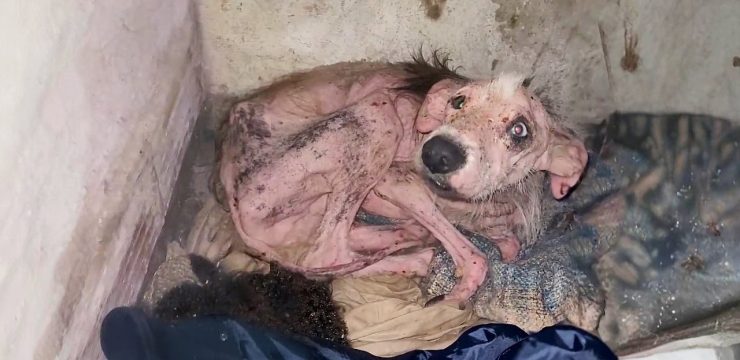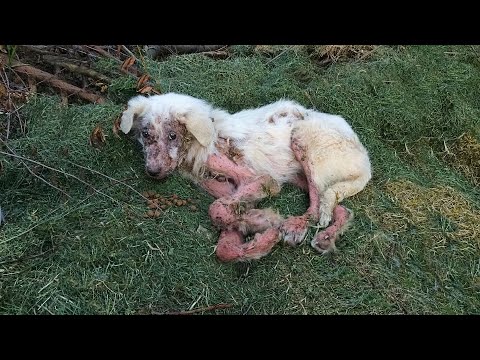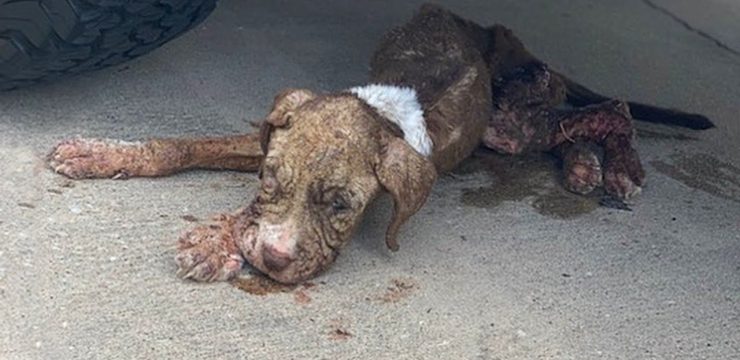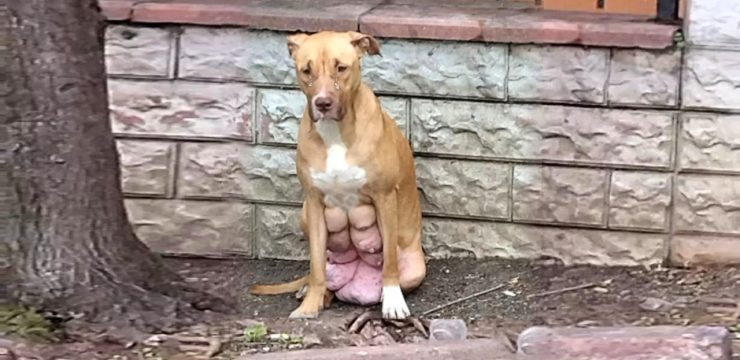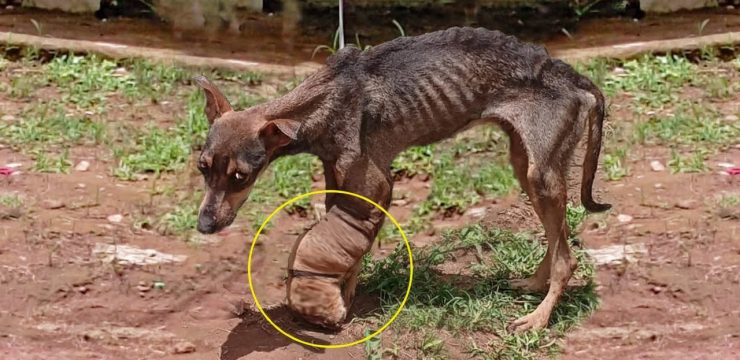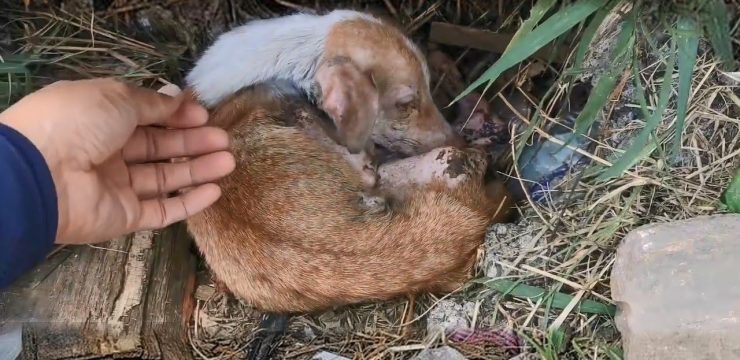Oleg Zubkov, a widely recognized lion handler and owner of the Taigan Safari Park located in Russian-occupied Crimea, is currently in a fight for his life after being attacked by the same lion that fatally mauled a park employee in 2024. The shocking incident, which has left the animal park community and wildlife enthusiasts in disbelief, unfolded during a routine feeding session inside the lion’s enclosure. Zubkov, often referred to as the “lion whisperer” due to his deep bond and fearless interactions with big cats, was severely injured in the attack. Reports indicate that the 57-year-old suffered serious trauma to his head, neck, and lungs and underwent emergency surgery shortly after the mauling. His condition remains critical.
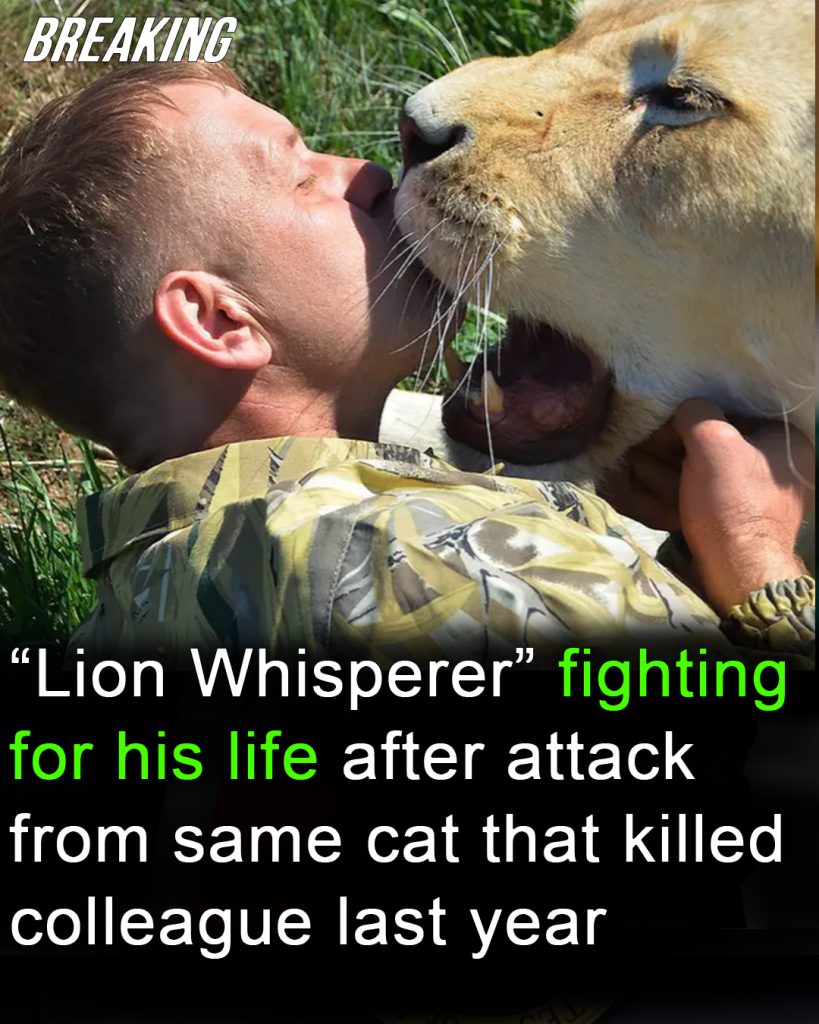
Taigan Safari Park is one of the largest big cat reserves in Europe and is home to approximately 60 African lions. Situated in a region that has faced ongoing political conflict, the park has nonetheless drawn tourists and animal lovers from around the world, thanks largely to Zubkov’s bold approach to lion handling. Over the years, he has become something of a celebrity, often posting videos showing himself walking freely among lions, petting them, and even allowing them to playfully jump on him. However, this approach has not come without controversy or consequences. The park has faced growing criticism over the years for a lack of stringent safety measures, especially following several alarming incidents involving the lions.
The most tragic of those incidents occurred in October 2024, when park employee Leokadiya Perevalova was killed by the same lion that attacked Zubkov. At the time, Zubkov blamed the fatal encounter on what he described as a “fatal error” on Perevalova’s part, claiming she had failed to properly secure a safety gate. “Lions are apex predators—they don’t forgive mistakes,” he stated in a press interview following the attack. His remarks drew both support and condemnation, with some defending his view of wild animal behavior, while others criticized the lack of systemic safety protocols that may have prevented the tragedy.
Remarkably, the lion involved in Perevalova’s death was not euthanized after the attack, a decision that is now being revisited in the wake of the second, nearly fatal incident. This latest mauling took place on Sunday, June 22, and left witnesses in a state of panic. According to eyewitness accounts, the lion lunged at Zubkov, clamping its jaws around his neck and dragging him across the enclosure “like a toy,” as described by one horrified onlooker. The sudden and brutal nature of the attack stunned both park employees and visitors, many of whom had witnessed Zubkov’s seemingly harmonious relationship with the big cats firsthand.
In the midst of the chaos, 58-year-old park worker Tatyana Aleksagina reacted with incredible bravery. Without hesitation, she drove a buggy directly into the enclosure and threw a bucket at the lion in an attempt to distract it. Her quick thinking worked; the lion let go of Zubkov and backed away. Aleksagina’s courageous actions are being hailed as lifesaving. “She didn’t think about her own safety for a second,” said a colleague. “She just acted.”
Shortly afterward, a visitor to the park identified only as Alexei demonstrated similar heroism. Realizing that Aleksagina could not move Zubkov by herself, he climbed down into the enclosure to help. Witnesses said he pulled Zubkov to the buggy and helped lay him down before climbing out again. Zubkov was then rushed to a hospital in a private vehicle, reportedly unconscious upon arrival. Surgeons performed an intricate procedure in an effort to stabilize him, but doctors say the road to recovery, if possible, will be long and uncertain.
A source close to the park shared that medical staff are working tirelessly. “The doctors are doing everything possible, and even the impossible, to save him,” the source said. “This has come as a massive shock to his family, friends, and to everyone who has followed his work with lions over the years. We are all hoping and praying for a miracle.”
The incident has once again sparked an intense debate over the safety protocols at Taigan Safari Park. Many are questioning whether enough precautions are being taken to protect both staff and visitors. Critics argue that allowing such close human-lion interaction creates unnecessary risk, especially given the natural instincts and unpredictability of wild predators. Even experienced handlers like Zubkov are not immune to the dangers, as this latest attack tragically illustrates.
Furthermore, serious questions are now being raised about the park’s decision to keep the lion that previously killed a human being. Animal rights advocates and safety experts are calling for a thorough investigation into the park’s operations, including a reevaluation of whether the lion should have been removed or relocated after the 2024 tragedy. “It’s unacceptable that the same animal has now been involved in two vicious attacks,” said one expert in wildlife management. “While it’s true that these are wild animals, there’s a clear obligation to ensure the safety of all humans who come into contact with them.”
Supporters of Zubkov argue that he has always understood and accepted the risks associated with his unique line of work. Many have praised his contributions to big cat conservation and education, noting that he has helped bring awareness to the plight of African lions in captivity and the wild. Still, others believe his hands-on methods, while compelling to watch, may ultimately place too much trust in creatures whose nature can never be fully tamed.
In the wake of this life-threatening incident, the future of Taigan Safari Park—and the lion that has now attacked two people—hangs in the balance. Officials have yet to announce whether the lion will be removed from the park, euthanized, or continue to live under tighter restrictions. Meanwhile, Zubkov’s supporters, family, and staff remain by his side, anxiously awaiting updates from the hospital. Whether this event will serve as a turning point for safety standards in wildlife parks remains to be seen, but it has undoubtedly reignited a critical conversation about the boundaries between human and predator, and the price of pushing those boundaries too far.
